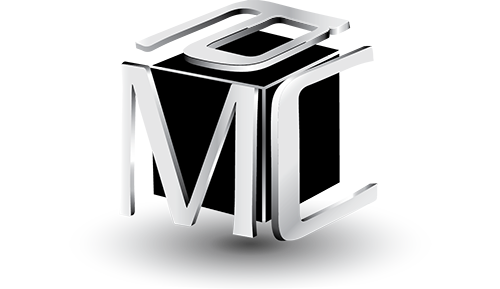The Search For Self-Awareness
The Search For Self-Awareness
Richard Citrin and Michael Couch
Self-awareness is considered to be one of the most important traits a leader can possess. Being self-aware means that you know who you are, what you do well and what you do poorly, and that you understand how your leadership style impacts others. You demonstrate flexibility in how you lead and you are able to be present in the moment to respond to situations as they happen, even if it means you have to change your plans.
As CIO, David knew he had a big job ahead of him as he planned out his two week global trip to discuss the rollout of his firm’s new enterprise software. He’d been working on this project for twelve months, involved all his corporate and global partners in the planning process, and was feeling hopeful about the trip. There was still six months before the product would show up on team member’s desktops but David still had butterflies in his stomach. He knew these rollouts were always tricky and that gaining full engagement from his colleagues would be essential for success.
David called us upon his return and we could hear in his voice that he was very discouraged . . . and mad. He found that most regions were telling him that they were not ready for the rollout and it should be pushed back at least another year.
We asked David how he responded to his colleagues comments and he told us that he’d explained the importance of the project and that the rollout dates were firm. When they kept pushing back, he finally got frustrated and told them that the plan is set and that was it. He knew that was not the right response.
As we conducted our after operation review, David had two important insights. The first was that while he was prepared to review all the technical requirements for the implementation, he had not taken into account the cultural and even emotional requirements for the project. His second insight was that when things didn’t go well, he didn’t know how to effectively address his frustrations.
Over the next several months, David examined how he could be a more effective change leader. He assessed his listening and communication skills, how he approached problem solving with others, and how he behaved in the face of conflict. He began a new process of regularly reaching out to his global colleagues and making certain that he understood their points of view and concerns. He kept his defensiveness at bay and began to think differently about their concerns and issues. He looked for areas of agreement and ways to support them but also pointed out where their ideas did not conform to the corporate requirements.
Soon he began to see a shift in their thinking. By merely holding back his response until he understood their concerns and then seeking a solution that would serve them and the business, he was able to move their level of commitment to a stage where they were ready to fully embrace the project.
David used the four key aspects of self-awareness to strengthen his own leadership effectiveness including:
- Willingness to reflect on his actions and their impact on others.
- Proactively seek feedback without becoming defensive.
- Admitting mistakes and gaining insight from the experience
- Trying something new to see if it increases effectiveness.
Your journey to greater self-awareness can begin by seeking feedback from others and asking good questions without feeling the need to justify or defend your actions. The days of the white knight who comes in and saves the day are long past. Today’s best leaders seek to understand first and then choose their actions.

